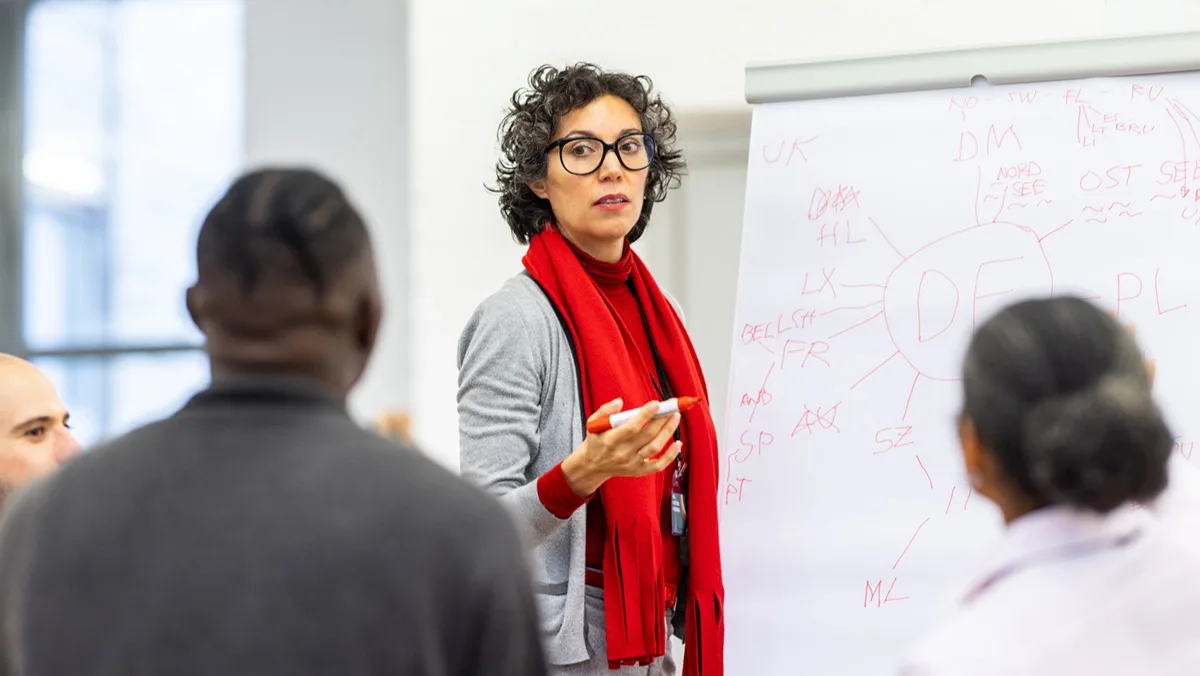
Overview
Description: Leading U.S. universities are launching Faculty Innovation Ambassador Programs to train and support entrepreneurial faculty, accelerating the commercialization of academic discoveries and bridging the gap between research and industry.
New Faculty Innovation Ambassadors Programs Help Bridge Academia and Industry
Speakers from six of the leading research universities in the United States said they are no longer willing to be passive partners and wait for innovative faculty to step forward with ideas that might someday revolutionize medical treatment and technology. Technology transfer officers from Vanderbilt University, Columbia University, Baylor College of Medicine, the University of Michigan, the University of Arizona and the University of Utah said they have all launched Faculty Innovation Ambassador Programs to train and support entrepreneurial faculty members willing to promote innovation among their peers. The officers spoke during a panel on Monday, March 3, at the 2025 meeting of AUTM, a society of more than 3,000 technology transfer professionals, in National Harbor, MD. They offered their insights into a trend that has been gaining momentum during the last two years, as a growing number of universities recruit their most innovative faculty across departments to bridge the gap between academia and industry by moving innovative products from the lab bench to the marketplace. In 2023, university- and research institution-developed technologies led to the launch of 714 new commercial products, as well as the recording of nearly 3,000 patent licenses, more than 3,200 copyright licenses, and more than 1,600 other types of licenses, AUTM reported.
Faculty Innovation Ambassador Programs Bring Many Benefits
Phil Swaney, PhD, Manager of Licensing and Strategic Initiatives at Vanderbilt University’s Center for Technology Transfer and Commercialization, said that the ambassador programs expand the reach of technology transfer offices (TTOs) for minimal cost, create a clear and direct feedback channel between the offices and researchers in need of their services and are easy to adapt to each university’s needs. Vanderbilt’s inaugural class of faculty ambassadors includes 14 faculty with expertise as varied as radiology, ophthalmology, neurology and medical and linguistic anthropology. At Vanderbilt, ambassadors are equipped to provide general information and resources about intellectual property, translation and commercialization of academic discoveries.
They can also provide connections to entrepreneurship programs and vital information on institutional policies, including conflict of interest and intellectual property policies Devin Jones, PhD, Business Associate at Columbia Technology Ventures, said his team tapped “serial entrepreneurs” – senior faculty with commercial and entrepreneurial success – to take part and, after two years, the strategy is working. An initial pool of 14 ambassadors has grown to 24, he said. The TTOs have developed their own approaches to training, which include in-person and recorded training sessions, quarterly meetings and social events such as lunches and fireside chats. In some cases, panelists said they were surprised by the mix of personnel who expressed a desire to participate, such as clinical faculty who they assumed would be too busy caring for patients to focus on commerce. “Our clinicians have bought into this,” Swaney said. “They want to learn more. They’ll make the time if you make it a program that caters to them and allows them to explore their interests.” In some cases, graduate students and post-doctoral students with innovative ideas and an entrepreneurial streak have prompted their principle investigators to support their efforts to develop and commercialize their work. The outreach efforts are not confined to biomedical centers, panelists said, but the program’s broad reach brings together experts with various interest to work together to commercialize ideas.
Jones said that the ambassadors can be conduits for these collaborations, because they meet regularly and get to know each other. Ambassadors from different academic centers such as the business school, clinical medicine and engineering can connect and get the support they need to develop their ideas into products.








